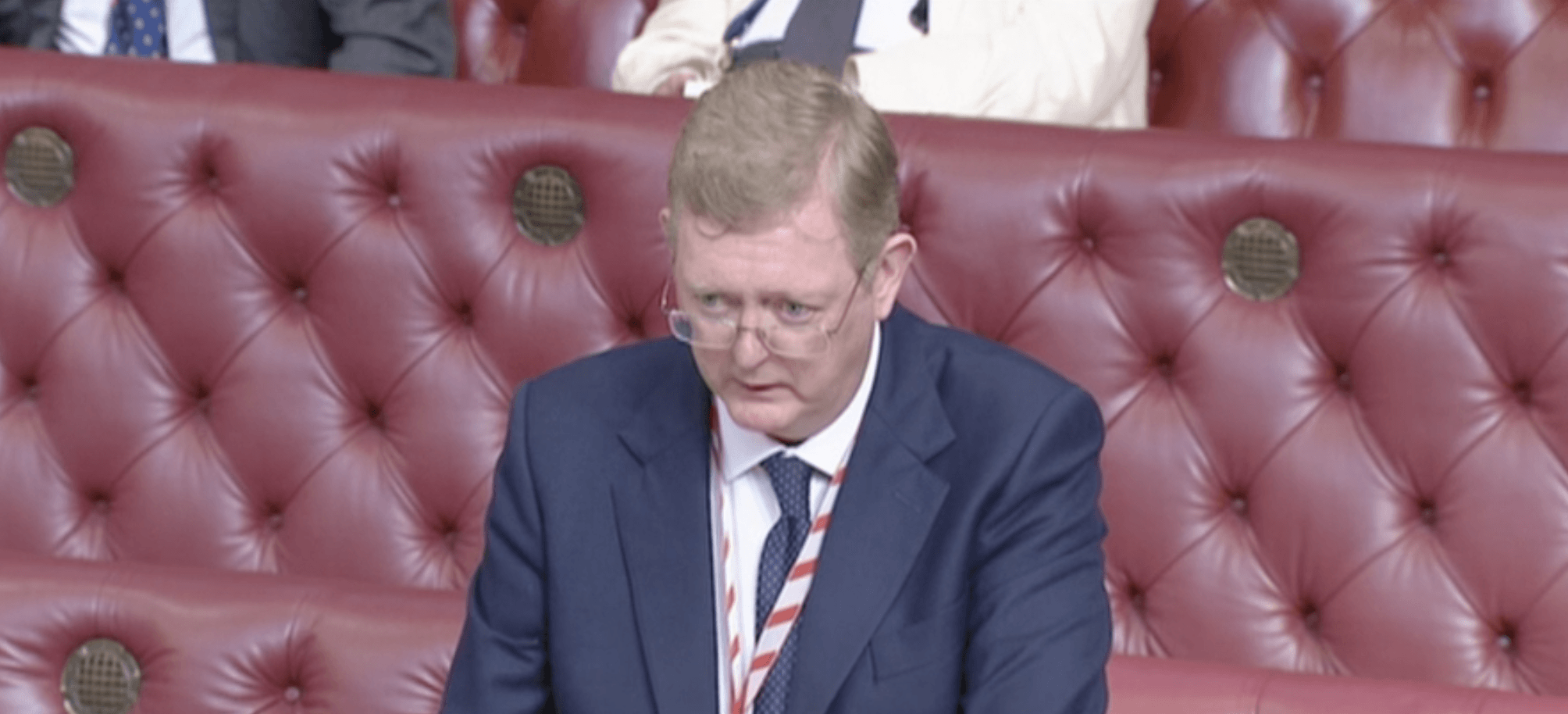IN decades to come legal scholars across the globe will study the interstate case of Ireland vs the United Kingdom regarding the Legacy and Reconciliation Act. They will study the merits of the case, its legal basis and the passage it has yet to take. They will also study the background. Because it is the background that makes this extraordinary development so historic.
When the Irish government took the last interstate case regarding the treatment of men taken into custody and subjected to techniques of inhuman and degrading torture, the conflict was raging, Britain was building H-Blocks and founding loyalist paramilitary groupings. There was little talk of peace and only of armed groups’ attempts to defeat the other.
2023, however, creates an entirely different backdrop. Next August will mark the 30th anniversary of the ceasefires. We have been longer in “peace” than in “conflict”. We are 25 years since the Good Friday Agreement, and Dublin and London are supposedly “co-guarantors”, supposedly partners in peace and peace building.
London has long abandoned that role, however. With Brexit, it disregarded its obligations to the Good Friday Agreement and put this island at risk of reignited conflict. With its threats to the European Convention on Human Rights, it further undermined re-established confidence in the rule of law. With its unilateral action introducing the Legacy Act, it has stuck two fingers up to law, victims and survivors and to the Irish government. Its place as a co-guarantor is almost laughable in the context of Britain’s contempt for international legal and diplomatic frameworks.
That is the legal context that will frame and scaffold the legal challenge in Strasbourg. Because as much as this Tory administration likes to believe that Parliament is not subject to law, it is wrong.
Sinn Féin welcomes the confirmation that Irish Government will take an interstate case against the British Government’s Legacy Act
— Sinn Féin (@sinnfeinireland) December 20, 2023
Victims & families have said from the outset that this cruel & shameful Act is a flagrant breach of international human rights law– @PearseDoherty pic.twitter.com/tKGdEjL1mR
The response of Lord Caine, the architect of this Act, has been to express dismay and to threaten “consequences”. Other members of the Tory party appear to be shocked too. Publicly. Of course, that is their public response. They want us to forget that Britain’s own actions have created this challenge. They want to continue to pretend that the Act is not motivated by British state interest in protecting the purveyors of British state violations during the conflict. They want to sidestep the spotlight being shone on policies of shoot to kill, collusion with loyalism and the running of agents in all of the armed groups. They want to obscure the Irish government's consistent and extensive diplomatic efforts to restore a consensus approach to matters of legacy and the rights of victims and survivors. They wish us to ignore that this has been a measure of last resort.
The rights of victims and survivors from all communities, affected by all actors, have been defended by this action and by the Irish government. That is irrespective of any human rights challenges that the Irish government may themselves need to face in any process to deal with the past.
That this move has been interpreted by some commentators as belligerence by the Irish government speaks to an evident pro-British state bias, which privileges their movement from doctrine, convention and agreement as somehow unassailable and untouchable. Tipping the cap after pleading for change from colonial masters was never an option. Equality under the law, domestic and international, is here to stay.








